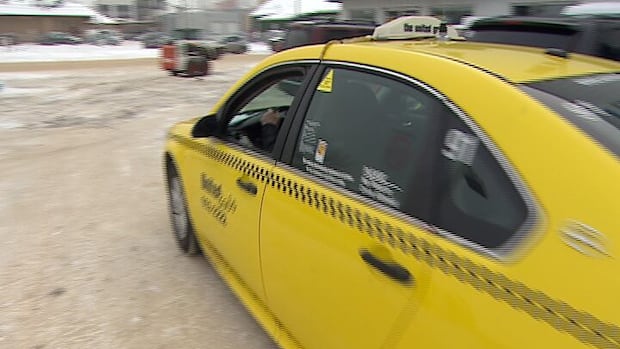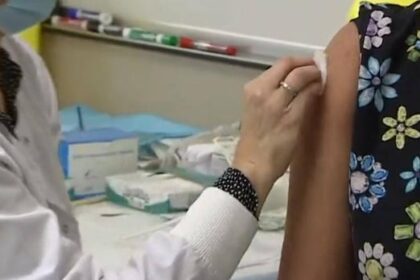Saskatoon·NewThe attempt to certify the lawsuit on behalf of the owners of the 165 taxi licences issued by the city targets changes to the rules governing vehicles for hire introduced in 2018 and 2019 that allowed ride-share companies like Uber to operate in Saskatoon.Judge rejects attempt at class action against the city by taxi drivers, companiesPhil Tank · CBC News · Posted: Nov 14, 2025 3:03 PM EST | Last Updated: 12 hours agoListen to this articleEstimated 3 minutesThe audio version of this article is generated by text-to-speech, a technology based on artificial intelligence.A Saskatchewan judge has dismissed the application for a class-action lawsuit on behalf of taxi licence owners against the City of Saskatoon over changes to allow ride-share companies to operate seven years ago. (CBC)A Saskatchewan judge has dismissed an attempt at a class-action lawsuit by owners of taxi licences against Saskatoon city hall over its ride-share bylaw.The attempt to certify the lawsuit on behalf of the owners of the 165 taxi licences issued by the city was aimed at changes to the rules governing vehicles for hire that were introduced in 2018 and 2019 to allow ride-share companies like Uber to operate in Saskatoon.The application asserts that the rejigged bylaws discriminate against taxi licence owners who are mostly racial, ethnic and linguistic minorities. Court of King’s Bench Justice J.W. Elson dismissed the attempt to certify the class action lawsuit in an Oct. 28 ruling.“Based on my finding that the pleaded action fails to disclose a reasonable cause of action, the application must be dismissed,” wrote Elson, who retired Nov. 1.The certification attempt was brought by S-I Management Ltd., which held 16 of the 165 taxi licences, including four of the five accessible licences, in the summer of 2019.Scott Suppes gave a deposition on behalf of S-I Management, which holds shares in both Riide Holdings Inc. and United Cabs Ltd. Those two companies hold two of the four taxi broker licences issued by the city.Suppes provided a list of 107 taxi owners who own the 165 licences; some of them are individuals, while some are corporations. One licence is owned by an estate.Suppes asserted that taxi broker revenues dropped and the value of taxi licences depreciated after the bylaw was changed in December 2018. He further said that most members of a potential class action lawsuit belonged to racial, ethnic, linguistic and religious minorities in Saskatoon.The class action, had it been certified, would have sought damages on the basis of members having their Charter equality rights violated by the bylaw changes.The statement of claim was first filed in July 2019. An amended version was filed in December 2021.Elson criticized the amended claim as not “easily readable.” Understanding of the allegations was hindered by “several irrelevant expressions of indignation,” he wrote.The statement, as interpreted by Elson, asserted that taxis and ride-sharing companies provide the same service, but taxi owners must spend more money on items like meters and in-vehicle cameras. WATCH | What you need to know about Uber’s new emergency policies:What you need to know about Uber’s new emergency policies Uber Canada says it’s changing its emergency policies after a driver drove off with a sleeping child. CBC’s Farrah Merali has details on the incident — and breaks down what people need to know about the company’s changes.“Without exclusivity, taxi [licences] have no value or purpose,” Elson wrote in his interpretation of the claim. The claim estimated the value of each licence at $250,000 prior to the 2018 bylaw.Elson’s analysis suggested the claim hinged in part on whether city council passed the bylaws in “bad faith,” since the provincial legislation governing cities provides immunity for municipalities and councils in the field of licensing provided they acted in “good faith.”Despite the dismissal, Elson wrote that he thought a class-action lawsuit was the “preferable procedure” to settle the disputes and that the company that filed the lawsuit was a “suitable representative” for the class.The City of Saskatoon can seek to have its costs associated with the application reimbursed.CBC has tried to contact Suppes and his lawyer for comment, but has not received a response.ABOUT THE AUTHORPhil Tank is a journalist in Saskatoon.
Lawsuit claiming racism over Saskatoon ride share bylaw dismissed











